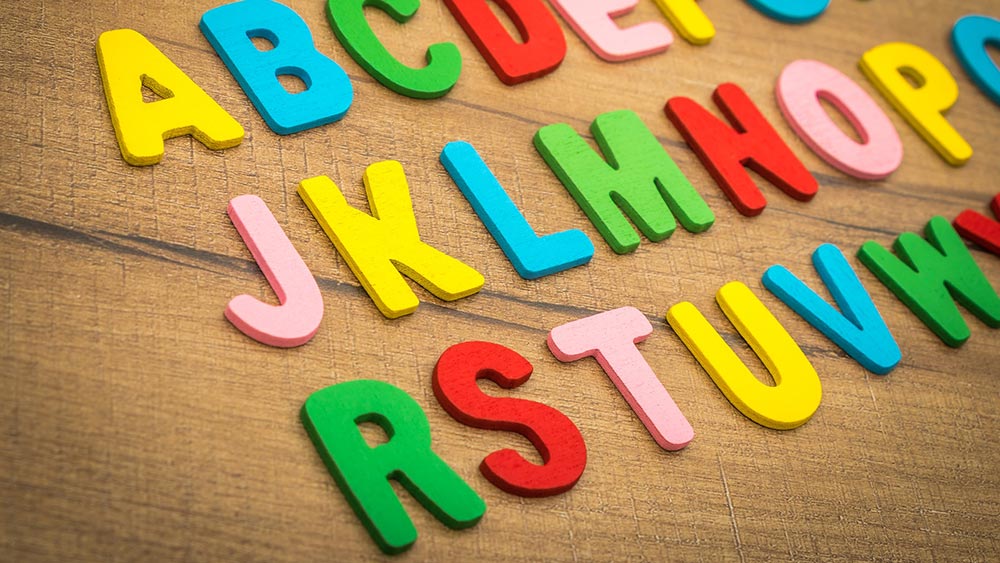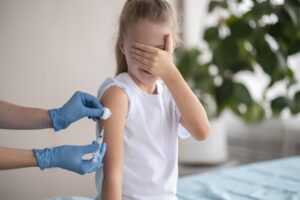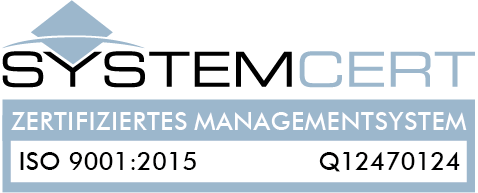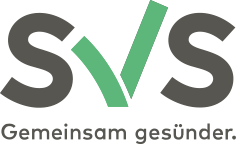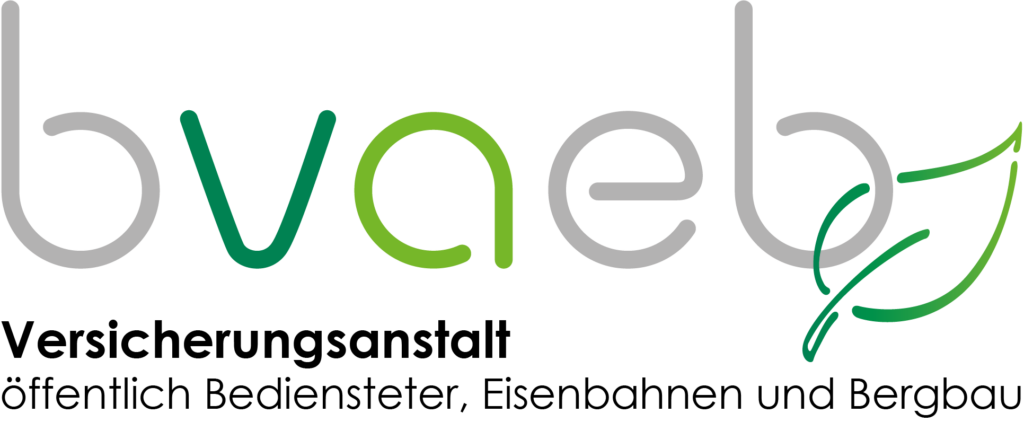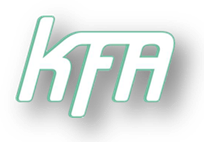What is speech therapy?
Logopädie ist eine medizinisch-therapeutische Fachdisziplin, welche sich mit Beeinträchtigungen der Sprache, des Sprechens, der Atmung und des Schluckens, der Stimme sowie des Hörvermögens beschäftigt. Logopäd*innen arbeiten eigenverantwortlich und sind in den Bereichen der Prävention, Beratung, Diagnostik, Therapie und Forschung tätig.
Sie sind dazu befähigt Menschen jeden Alters mit Defiziten und Störungen im verbalen und non-verbalen Bereich zu untersuchen und zu diagnostizieren sowie erstellen Logopäd*innen gemeinsam mit den Patient*innen individuell angepasste Ziele, nach welchen dann ein geeigneter Therapieplan verfasst wird.
Investigation and diagnosis
Using standardized examination methods and clinical observations, delays and malfunctions are established and diagnoses are issued. On the basis of this, therapy plans are created, which often require the integration of other professional profiles.
When is speech therapy needed?
Die Sprachentwicklung eines Kindes sollte im Alter von etwa 5 Jahren abgeschlossen sein. Hat Ihr Kind mit 2 Jahren einen Wortschatz von unter 50 Wörtern und/oder spricht noch keine Zweiwortsätze (z.B.: „Auto da“), wird von einer Sprachentwicklungsverzögerung (oder „Late Talkers“) gesprochen. Darunter fallen 13-20% aller Kinder.
Die Hälfte davon holt diese Rückstände im Laufe ihres 3. Lebensjahres wieder auf. Wenn Ihr Kind sehr spät oder gar nicht zu sprechen beginnt, besteht die Gefahr einer Sprachentwicklungsstörung. Hierbei können das Sprachverständnis, der Wortschatz, die Aussprache und/oder die Grammatik betroffen sein. Von orofacialen Dysfunktionen (= myofunktioneller Störung) spricht man, wenn es muskuläre und sensorische Auffälligkeiten im Bereich der Muskulatur des Gesichtes und des Mundes gibt sowie die Bewegungsabläufe beim Sprechen, Schlucken, Atmen und in Ruhe von der Norm abweichen.
Focus (child therapy)
- Language and speech development
- Articulation disorder
- Speech development delay
- Language development disorder
- Verbal development dyspraxia (VED)
- Swallowing and mouth functions
- Orofacial dysfunction
Possible symptoms (e.g. taken from Logopädie Austria)
- Limited active vocabulary (less than 50 words at the age of 2)
- Problems in grammar development (no 2-word combinations at the age of 2, no second placement in the main clause from 2 ½ years)
- Problems pronouncing sounds
- Problems in understanding language: children do not respond or respond incorrectly to prompts
- Problems with telling and later writing stories / texts
- Hardly any eye contact
- Do not come into contact with other children
- No lip closure, or breathing through the mouth
- Increased salivation
- Deficits in sucking, biting, chewing or swallowing (difficult food intake)
- a different resting position of the tongue
- a long-lasting sucking habit

